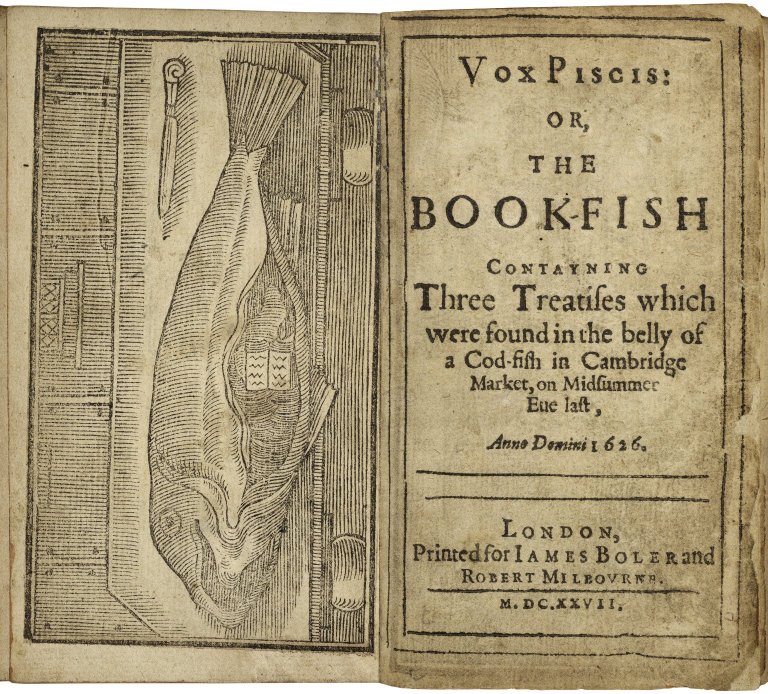By Dr Joanna McCunn, Lecturer in Law (University of Bristol Law School) and Dr Andrew J Bell, Research Assistant (Institute for European Tort Law of the Austrian Academy of Sciences and University of Graz, Vienna).

The ‘extraordinary’ recent case of Scarle v Scarle[1] has brought national press attention to a property law rule dating from 1925. Though little-known and seemingly bizarre in application, the rule stands atop millennia of legal thinking and is a useful and pragmatic tool for solving this instance of an unusually challenging evidential problem. This problem, of intractable uncertainty, occurs across the legal system, and the various rules used to address it can have surprisingly extensive policy benefits.
Scarle v Scarle
John and Ann Scarle were discovered dead at their home, having both succumbed to hypothermia under mysterious circumstances. It became vital to know which of the two had died first. If Ann had outlived her husband, she would have inherited the whole of their jointly owned property; if Ann had died first, it would have passed to John. Dispute arose because each of the spouses was to be succeeded by a daughter from a previous relationship; each daughter thus stood to inherit all or nothing from her parent.
The dispute coalesced around a presumption known as the ‘commorientes rule’. Found in section 184 of the Law of Property Act 1925, this provides that, where it is uncertain which of two or more persons has outlived the other(s), a younger person is deemed to have survived an elder.[2] While the rule itself is clear, it has been unclear what kind of ‘uncertainty’ is required for the rule to apply. Does a sequence of deaths have to be proven beyond reasonable doubt to avoid the presumption (the criminal law standard), or only on the balance of probabilities (the civil standard)?
HHJ Kramer decided that the ordinary civil standard applied: the commorientes rule is only engaged when it cannot be proven on the balance of probabilities (i.e. >50% probability) which person survived longer. In Scarle, however, even that hurdle was not met. The evidence as to the order of deaths was too equivocal and section 184 therefore kicked in: Ann Scarle was younger than, and so taken to have outlived, her husband. Her daughter inherited everything. (more…)


